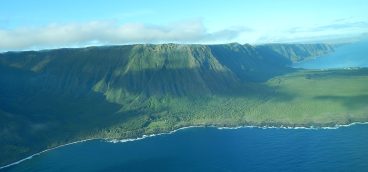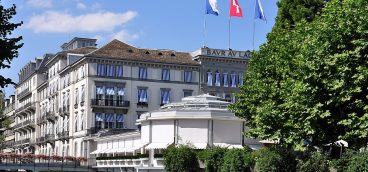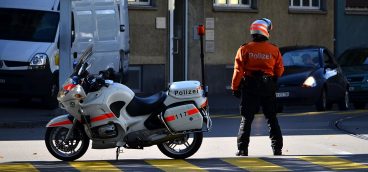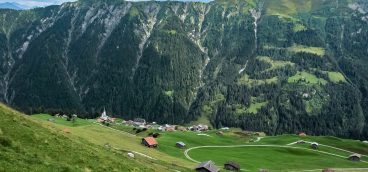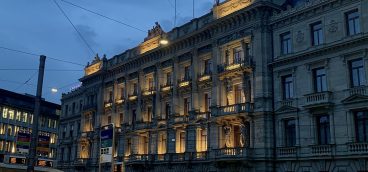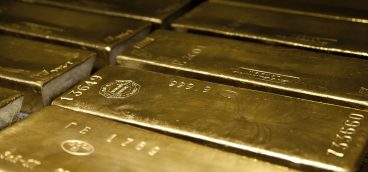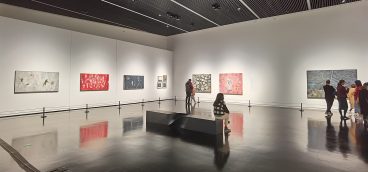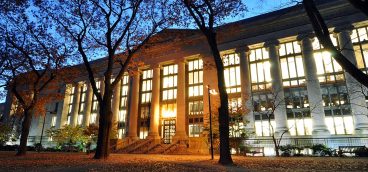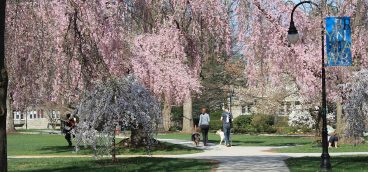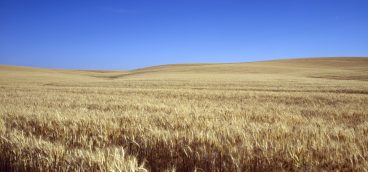Hotel on the End of the World
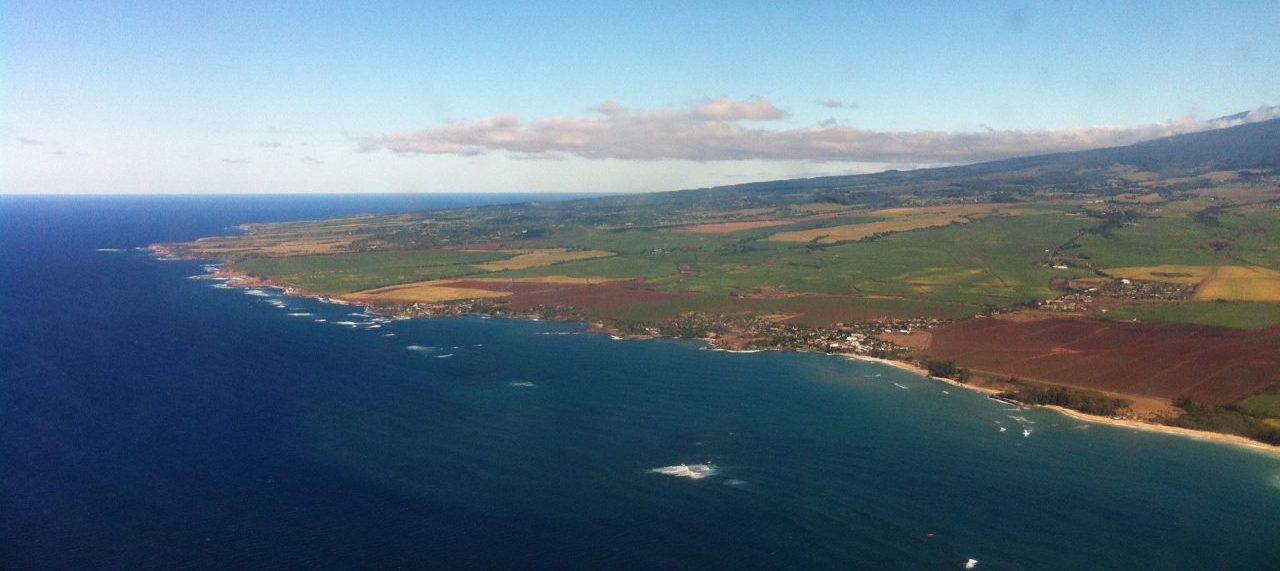
“Is. This. Ever. Going. To. End?” — Everyone who ever drove the Hana Road
I hadn’t even thought about Hawaii for six months and had no intention of ever thinking about it again. But then my phone rang.
Previously in this series: Lucky Lindy
My boss said, “I can’t tell you how happy I am that we didn’t have to buy that damn peninsula. And since you seem to be good at this sort of thing, I want you to go to Hana.”
“What,” I naturally said, “is Hana?”
“It’s a place on Maui.”
“Really? Terrific!”
“No, no,” she said, “you’re thinking of the western shore of Maui, where all the resorts are located. This place is on the eastern shore, where there’s nothing.”
Oh great, I thought, here goes Kalaupapa all over again.
I flew to Kapalua Airport and took a taxi to my hotel in Lahaina and began drinking Mai Tais on the beach. After a few days of this I rented a car, signing a statement in blood that I would never ever take the car on the treacherous, windswept Hana Road. Then I headed off on the treacherous, windswept Hana Road.
On the map it looked like it would be a pleasant, scenic, one-hour drive, so I slept in and left at noon. At five p.m. I staggered into the village of Hana completely exhausted.
I checked into the Hana-Maui Hotel, not because the Family owned it – which they did – but because it was the only place to stay on the entire eastern half of Maui.
Whenever I mention the Hana-Maui Hotel to people who haven’t been there they always say, “Oh, I hear it’s incredibly charming!” Whenever I mention the hotel to someone who has stayed there they always say, “Don’t mention that @#%!ing place to me!”
The hotel was old and falling down in places. It had no air conditioning and the electricity worked only when it wanted to. There was no room service and, in fact, hardly any services at all. I did find a badly typed dinner menu under a chair, but since there was no telephone in the room I had to go down to the office to order. I asked how long it would take to get the food and the lady said, “A while.” There were crawling creatures everywhere you looked.
Worst of all, the place was dry – no liquor, no wine, no beer. If someone had bothered to tell me about this I could have loaded up my rental car with Mai Tais, but as it was the experience of staying at the Hana-Maui Hotel was like going through detox.
The next morning, I was picked up at the hotel by a fellow I’ll call Jack, who was the foreman and manager of the Hana Ranch, which the Family also owned. I asked Jack if his pickup truck had been in an accident because it was the most scratched and dented vehicle I’d ever seen. He seemed confused about the question at first, but then said, “Ah! I drive Hana Road 200 times!”
We toured the ranch on what I suppose they thought of as roads, but I didn’t see much except cows. But then I said, “Wait! Are those cowboys?”
Jack explained to me that there had been cowboys – what the Hawaiians call paniolo – in Hawaii long before there were cowboys in the American Old West. It seems that back in 1793 King Kamehameha received a gift of five longhorn cattle. Not knowing what to do with them, the king invited a bunch of Mexican vaqueros to stop by and teach unemployed Hawaiians how to wrangle cows.
Later, of course, these same vaqueros would teach unemployed Texans how to wrangle cows, creating the Old West cowboys.
The business purpose of my trip to Hana was twofold:
(1) Did the Hana Ranch seem to be well-managed? After all, the place hadn’t made a profit in more than a decade.
My response: All I can say is that it looked like a cattle ranch to me.
(2) Should the Family consider selling the Hana-Maui Hotel?
My response: Hell no, just burn the damn thing down and be done with it!
But we decided to put the hotel on the market. Not wanting to waste any money on the place, my idea was to put a small “For Sale” sign in the hotel’s front yard, but I was soon disabused of this notion. Instead, I went to the opposite extreme, engaging a snooty real estate brokerage firm in Los Angeles. The idea was to sell the place to some braindead Hollywood actor, but after six months of no nibbles I realized that even Hollywood actors were too smart to want to own the Hana-Maui Hotel.
But then, amazingly, we got a nibble! The prospective buyer was Carolyn Hunt Schoellkopf, the older and smarter sister of Nelson Bunker Hunt, William Herbert Hunt, and Lamar Hunt. The Hunt brothers had recently attempted to corner the silver market and, when the bubble popped, nearly bankrupted themselves. But Carolyn had sensibly distanced herself from this frolic.
In fact, Mrs. Schoellkopf was in the process of buying up a bunch of small luxury hotels and assembling them under her new brand, the Rosewood Hotel Group. When her representative called me he said he’d heard that the Hana-Maui Hotel was “incredibly charming.” I told him it was about as charming as a pup tent in a tornado. He said he’d also heard that the place probably needed to be spruced up. I told him that was ridiculous, the hotel had been completely renovated in 1902.
To make a long story short, Mrs. Schoellkopf bought the place, and while she didn’t pay the preposterous sum I’d listed it for, she paid a sum that was about 100 times more than the place was worth. At the next annual Family meeting I brought up my triumph with the Hana-Maui Hotel about 200 times, and I did the same thing at the next two annual Family meetings.
But then one day I read in the Wall Street Journal that Mrs. Schoellkopf had flipped the property to a buyer called the Keola Hāna-Maui Investment Group for four times what she’d paid me. After that the hotel never came up at any more annual Family meetings.
Next up: Lucky Lindy, Part 3


